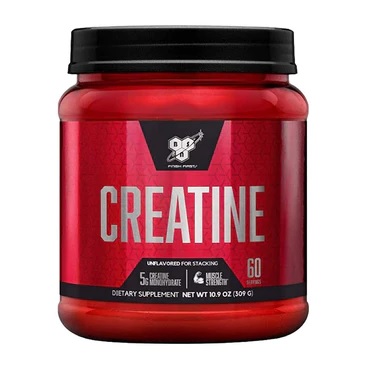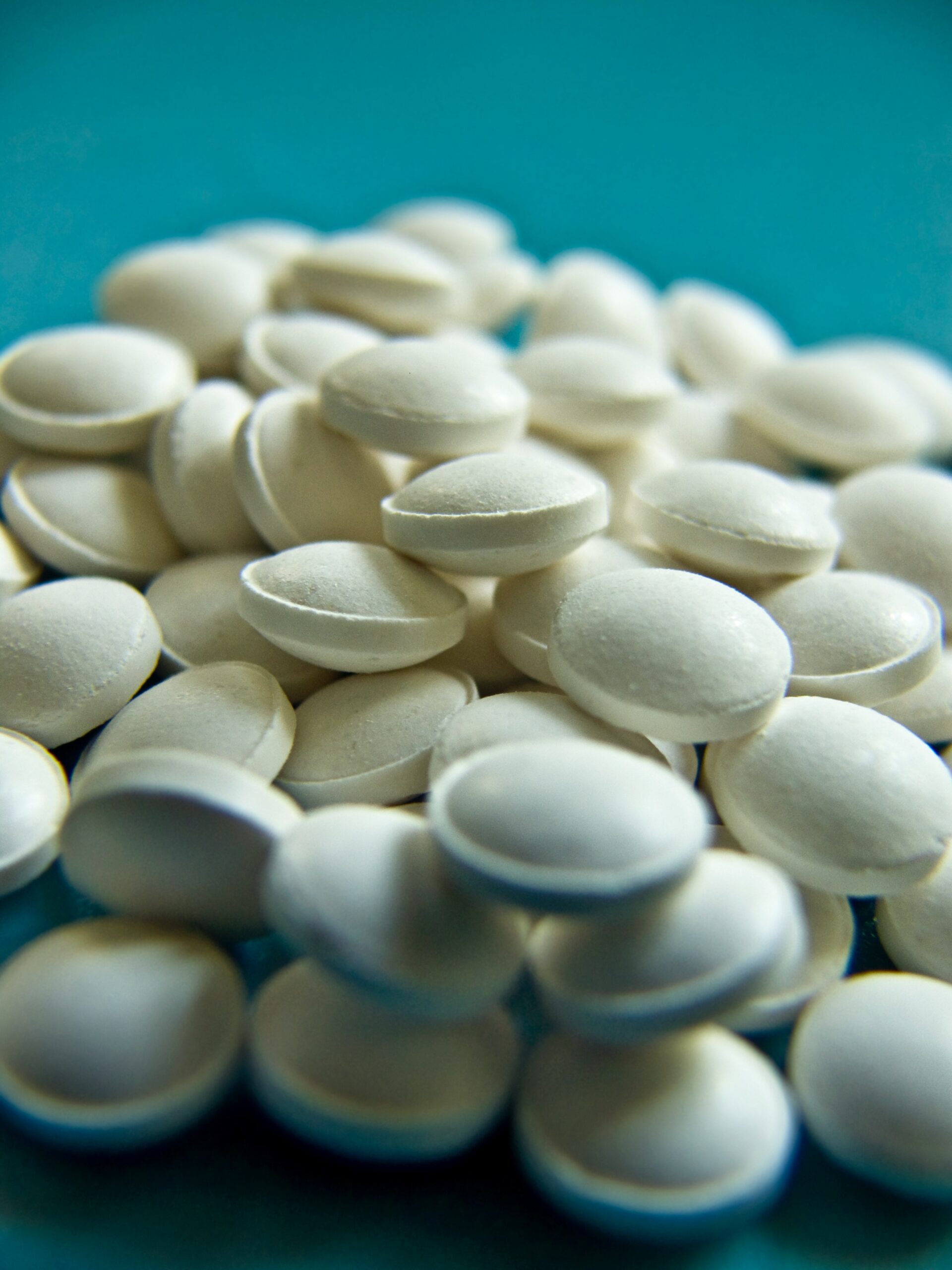In the world of health and fitness, intermittent fasting has emerged as a popular approach for weight management and overall well-being. The idea of harnessing your body’s natural rhythms to optimize your health is enticing, and it often involves carefully monitoring what you consume during fasting periods.
But what about supplements? One of the most commonly asked questions in this realm is, “Will Creatine Break a Fast?” In this blog post, we’re about to embark on a journey of fasting, nutrition, and supplementation, exploring the intricacies of whether this performance-boosting compound has the potential to disrupt your fasting routine. So, as you peer into the world of intermittent fasting and nutritional timing, prepare to unravel the mysteries of creatine and fasting in your pursuit of health and fitness goals.
- What is Creatine And Why Is it Important For Muscle Growth?
- Why Creatine Is Good For Your Brain?
- Is Creatine A Steroid: What You Need To Know!
Can You Take Creatine When Fasting?
The question of whether you can take creatine while fasting is a matter of careful consideration, and the answer isn’t a straightforward “yes” or “no.” It depends on your fasting goals, the type of fasting you’re practicing, and your individual preferences.
Water Fasting and Pure Fasting: If you’re practicing a strict water fast or pure fast, where you abstain from consuming any calories for an extended period, then taking creatine in its powdered or capsule form would break your fast. This is because creatine supplements typically contain calories, albeit a small amount. However, some individuals may choose to make an exception and include creatine in their fast due to its potential benefits for muscle recovery and overall performance.
Time-Restricted Fasting: In the context of time-restricted fasting, such as the popular 16/8 method, where you fast for a set number of hours each day and eat within a limited window, taking creatine might not significantly disrupt your fasting routine. Creatine supplements can be consumed within your eating window without interfering with the fasting aspect of this regimen.
Modified Fasting: Some modified fasting protocols, like the “fat fast” or “fat-fueled fast,” allow for limited caloric intake, primarily from fats, during fasting hours. In such cases, creatine might fit into your fasting strategy, as it provides energy and enhances muscle recovery.
Individual Goals and Preferences: Your specific goals play a significant role in this decision. If muscle growth and performance are your primary objectives, and you’re not overly concerned about the technical aspects of fasting, then taking creatine during fasting may align with your goals. On the other hand, if fasting is primarily for weight management or other health reasons, you might choose to prioritize a strict fasting approach and forgo creatine during fasting hours.
In conclusion, whether or not you can take creatine when fasting depends on the type of fasting you’re following, your individual goals, and your willingness to make exceptions in your fasting routine. It’s advisable to consult with a healthcare professional or nutritionist to determine the most suitable approach for your specific circumstances, ensuring that your fasting plan aligns with your health and fitness objectives.
Reasons Not To Take Creatine When Fasting
While creatine is generally regarded as a safe and effective supplement, there are some considerations that might lead individuals to avoid taking creatine when fasting. Here are a few reasons why someone might choose not to combine creatine with fasting:
Caloric Content: Creatine supplements, particularly when taken with a serving of water or juice, can contribute a small number of calories. If you’re practicing a strict form of fasting where calorie consumption is entirely restricted during fasting hours, even these minimal calories could technically break your fast.
Fasting Goals: The primary objective of fasting can vary widely among individuals. Some fast for weight management, metabolic health, or the potential benefits of autophagy, a cellular cleansing process. If your fasting goals are closely tied to these specific mechanisms, adding creatine may interfere with the intended fasting benefits.
Digestive Sensitivity: For some people, creatine can cause mild gastrointestinal discomfort. This discomfort may be exacerbated when consumed on an empty stomach during fasting, potentially leading to stomach upset or nausea.
Individual Preferences: Fasting is a highly personalized approach, and it’s influenced by individual choices and preferences. If you prefer to keep your fasting routine pure and uncomplicated, you may opt to exclude supplements, including creatine, to maintain the simplicity of your fasting schedule.
Fasting Consistency: Many individuals find success with fasting because it provides structure and consistency to their eating habits. Adding supplements like creatine could introduce variability and complexity, potentially making it more challenging to adhere to a fasting regimen.
Hydration: Creatine may require increased water consumption, which can be a consideration during fasting when fluid intake is limited. Maintaining proper hydration is essential, and fasting can already present challenges in this regard. Shop raw supplements, bulk discount, lab tested 5% off here!
In essence, the decision not to take creatine when fasting depends on your specific fasting goals, preferences, and how well you tolerate the supplement. If you’re committed to the purity of your fasting routine, concerned about the potential caloric impact, or have experienced discomfort when taking creatine without food, it might be best to forego creatine during fasting hours. However, the choice ultimately depends on your individual needs and objectives in fasting, so it’s advisable to consult with a healthcare professional or nutritionist to ensure your fasting plan aligns with your health and fitness goals.

Buy Creatine Online
We Have Some Of The Best Creatine Out There!
Come have a look what types of creatine we have? Shop the best creatine! We have found the best deals! Or please feel free to read more about the many benefits of creatine on site.


